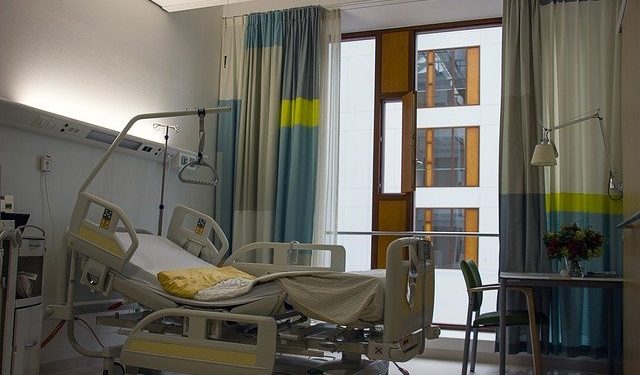The Care Quality Commission (CQC) has welcomed “considerable improvements” at one of Priory Group’s sites, while ordering another to make urgent improvements.
At the Priory Hospital Bristol, improvements were made following an inspection last year by the CQC which resulted in the imposition of restrictions.
Upon a further inspection of the service in April this year, inspectors were satisfied that sufficient improvements had been made, and the conditions were removed on 15 June.
While the overall rating for The Priory Hospital Bristol has remained at good and the service is also rated good for being effective, caring, responsive and well-led, its rating for safety has dropped from good to requires improvement.
The same ratings apply to the specialist eating disorder services, the long stay or rehabilitation mental health wards for adults, and the acute wards for adults and psychiatric intensive care units.
A spokesperson for the hospital said it was delighted that the CQC had recognised its significant efforts it had made, adding that staff work tirelessly for the patients they care for, while improvements have included new and enhanced systems and a successful recruitment drive for eight new nurses.
Priory Hospital Burgess Hill
Meanwhile the CQC ordered another Priory Group site – Priory Hospital Burgess Hill to make urgent improvements to the quality of its female specialist personality disorder ward and its forensic low secure inpatient ward.
The CQC revealed its inspectors visited both wards in May after receiving concerning information about patient safety.
Following the inspection, the CQC wrote to the Priory Hospital Burgess Hill highlighting serious concerns surrounding patient safety on both wards and requiring the hospital to submit information explaining how it would make immediate improvements.
The letter also made clear if the hospital could not provide assurance about how it would make the urgent improvements needed, the CQC would take action to ensure that improvements were made.
The hospital’s action plan included a decision to close two hospital wards, the female psychiatric intensive care and female personality disorder wards, to ensure it could staff the two remaining wards safely.
As the CQC felt the current overall rating of good was not reflective of the care that was being delivered at the hospital, it has suspended the hospital’s good rating pending a full inspection.
A spokesperson for the hospital said it took the CQC’s findings very seriously and has taken a number of measures to address the issues identified by the inspection.
This has included a review of risk assessment procedures using external clinical quality leads as well as its governance structure around patient feedback and the way it records incidents.
The hospital also now holds monthly lessons learned meetings, and disseminates findings to all staff, while IT issues at the time of the inspection have now been resolved.
However, the spokesperson added that due to staffing pressures it has taken the regrettable decision to close the two wards.






